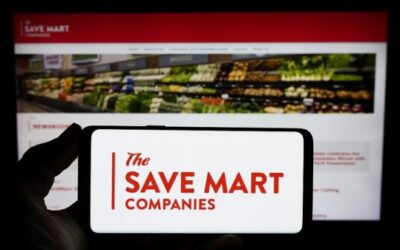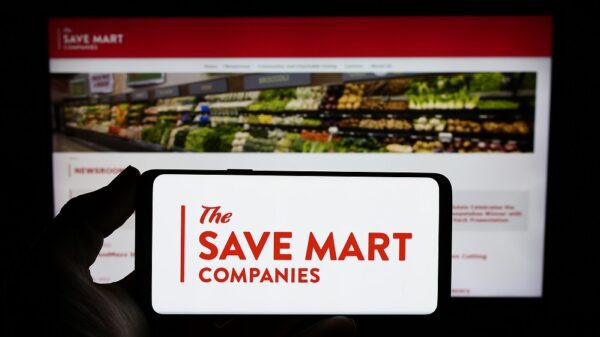Walmart Suppliers Deliver Greenhouse Gas Reductions 6 Years Early


Here’s some positive sustainability news for Earth Month. Walmart introduced Project Gigaton in 2017 with an ambitious goal: reducing, avoiding or sequestering one gigaton — that’s 1 billion metric tons — of greenhouse gas emissions by 2030. The more than 5,900 Walmart suppliers that now participate in the Project Gigaton consortium have delivered on that promise today, six years ahead of schedule.
Despite reaching its original goal, “we will continue Project Gigaton because we as a society have a long way to go,” wrote Kathleen McLaughlin, EVP and Chief Sustainability Officer at Walmart in a blog post. “Building a net-zero emissions future will require a massive transition in our world’s energy and transport systems, materials and infrastructure. So we are working to improve and expand Project Gigaton for the benefit of our customers, suppliers and the planet while staying the course toward our goal of zero operational emissions — Scopes 1 and 2 — by 2040.”
Walmart credits several factors for the accelerated success of the initiative:
- Science-based goals and actions: Walmart has looked to organizations such as the World Wildlife Fund, Environmental Defense Fund, World Resources Institute and CDP for advice on estimating emissions, setting a pace for reductions and providing resources to build supplier capability in emissions reduction and measurement;
- Immediate and sustained action: From Project Gigaton’s launch, Walmart designed the initiative to catalyze immediate, significant and sustained action, asking suppliers to set concrete goals for emissions reduction based on practical projects focused on the most relevant sources of emissions in their value chains, such as energy use or agricultural practices; and
- Support for both large and small suppliers: Project Gigaton was designed for a wide range of companies, from small single-category suppliers to multicategory ones, and Walmart has held best-practice sharing summits, built resources such as the Circular Connector and Factory Energy Efficiency tools and developed programs such as Gigaton PPA to extend renewable energy procurement for suppliers.
“We hope Project Gigaton will continue to set the standard for corporate climate action — because a more sustainable supply chain is a more resilient one,” wrote McLaughlin. “A more resilient supply chain isn’t just better for our business, it’s better for people, communities and the planet.”











